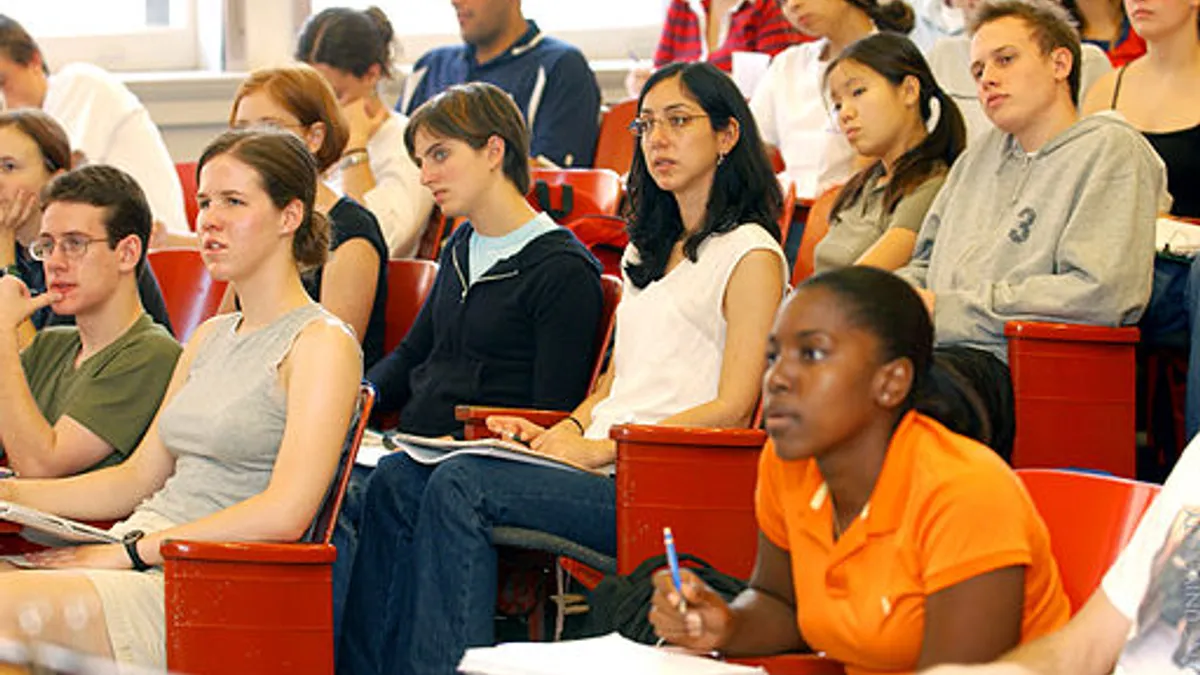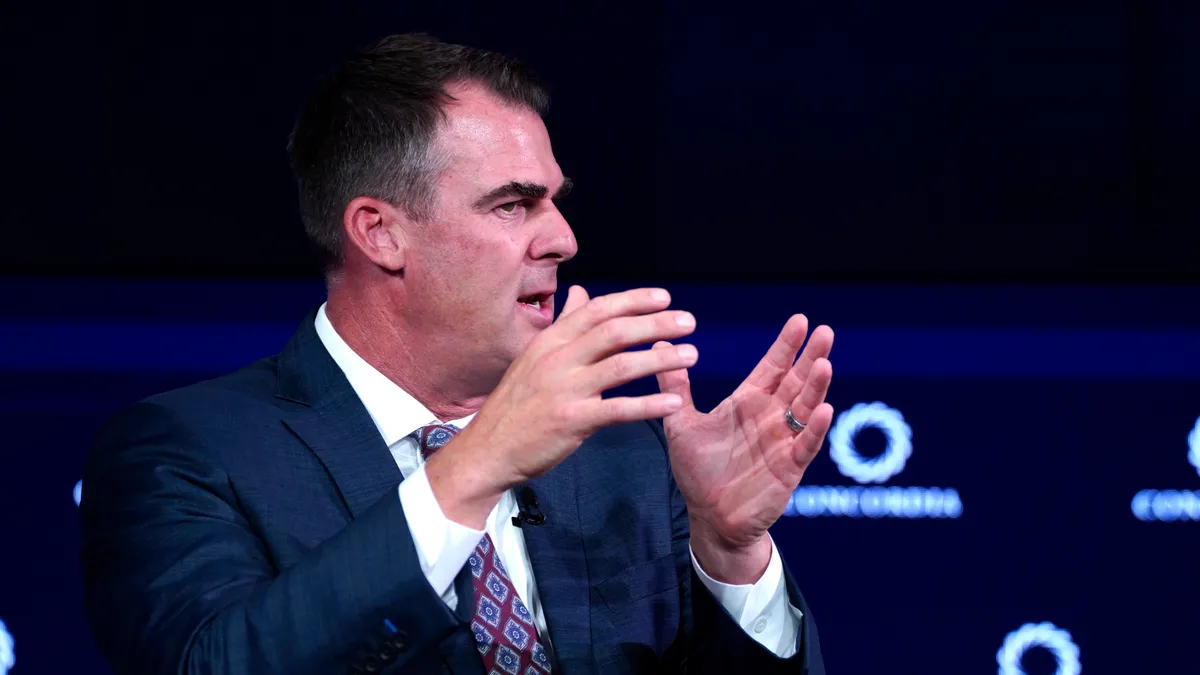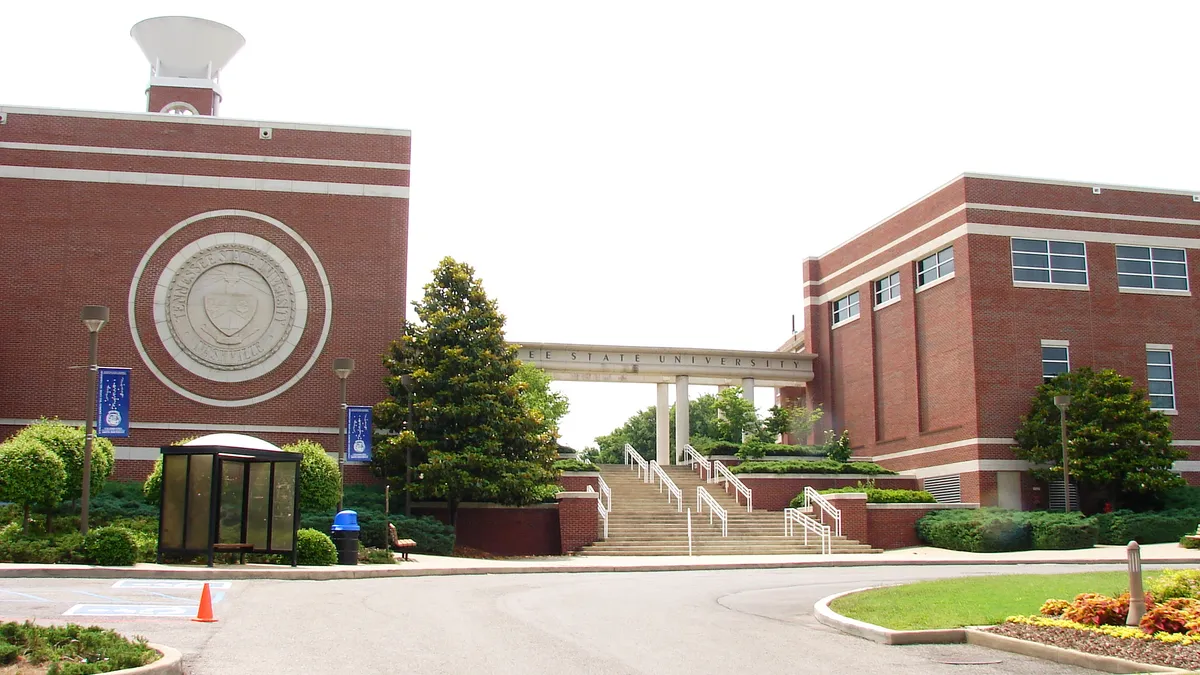Dive Brief:
- Funded by the Bill and Melinda Gates Foundation, the Adaptive Learning Market Acceleration Program shows some positive outcomes for remedial and community college academic delivery models, but few indicators for cost savings or completion.
- Piloted at 14 colleges and universities nationwide, the majority of courses offering hybrid or exclusively digital courses saw no differences in academic improvement, and no direct correlation with degree completion. In instances where courses were offered more than once, student costs decreased.
- More than 50% of community college students reported being highly engaged with adaptive technology, while just 35 percent of four-year undergraduates reported satisfaction with the courseware.
Dive Insight:
Online learning is all but certain to become the new normal in higher education, but as studies have shown, the average four-year college student still leans towards the in-person, on-campus learning experience in today’s higher ed market. There is room to consider the adaptive learning study in light of growing interest in the for-profit model and why it became a legitimate competitor in the industry.
Digital learning and the ability for coursework to best reflect individual student readiness is an experience that many students are willing to pay a lot of money for. It reduces the inconvenience of having to take classes in person, perform in person in a group or in front of a professor, and allows a scaled version of community building through online forums and technology like chats and broadcasting tech like Skype, Google Hangouts and others.
All colleges and universities would be wise to adopt the technology, and if this study is an indicator, using it for first-time students and continuing learners may be an ideal way to introduce its value.












